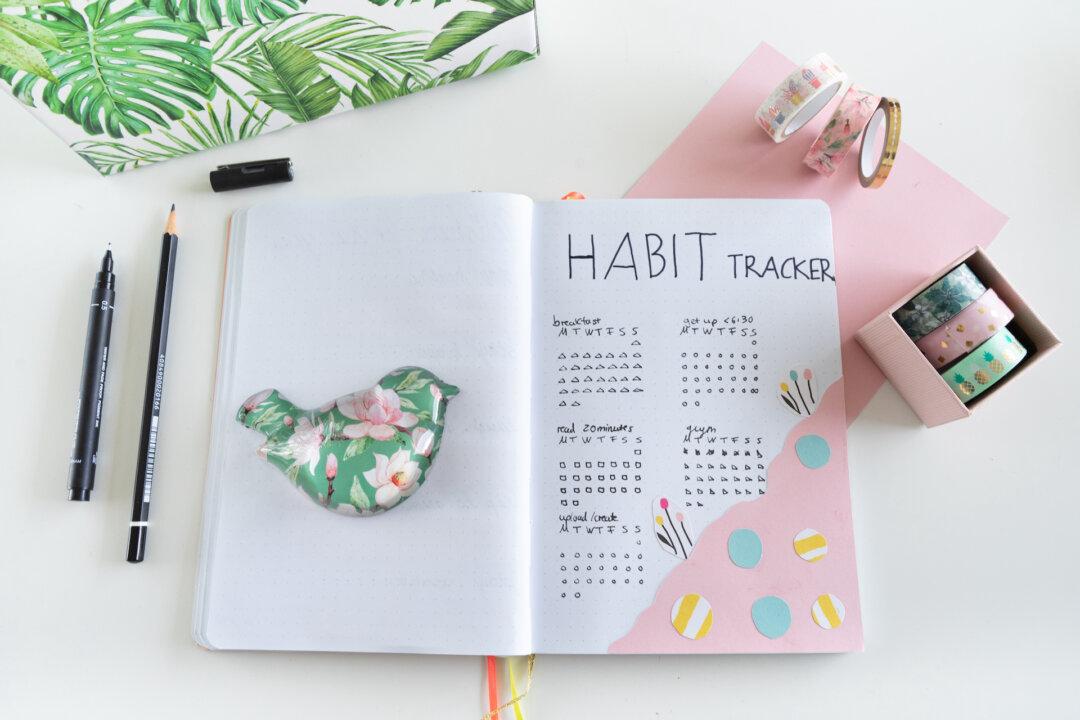Our habits play a powerful role in the quality of our lives. Improving daily habits can have a significant impact. As they say, though, you can’t manage what you don’t measure. Enter the habit tracker.
A habit tracker is a simple written or digital device where you can easily keep track of your consistency in maintaining the daily habits you’re trying to foster. You may have a sense, for example, that you exercised a bit more this month than last month—a seeming improvement. But our vague recollections can be unreliable. If you track the days you exercise, you’ll know precisely whether you’re improving or not and to what degree, and you’ll know what it will take to improve further going forward.






